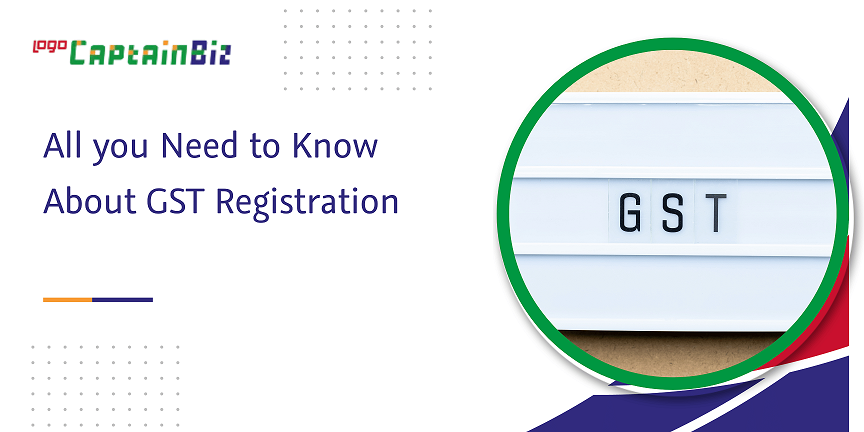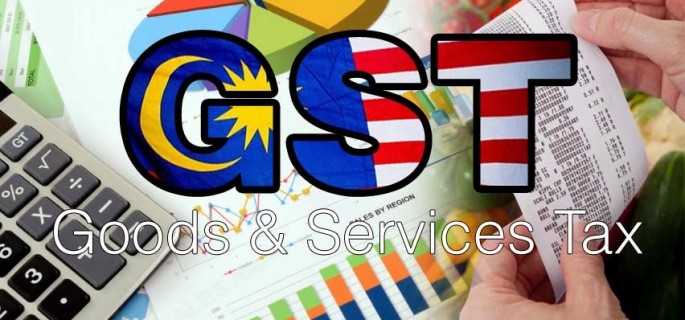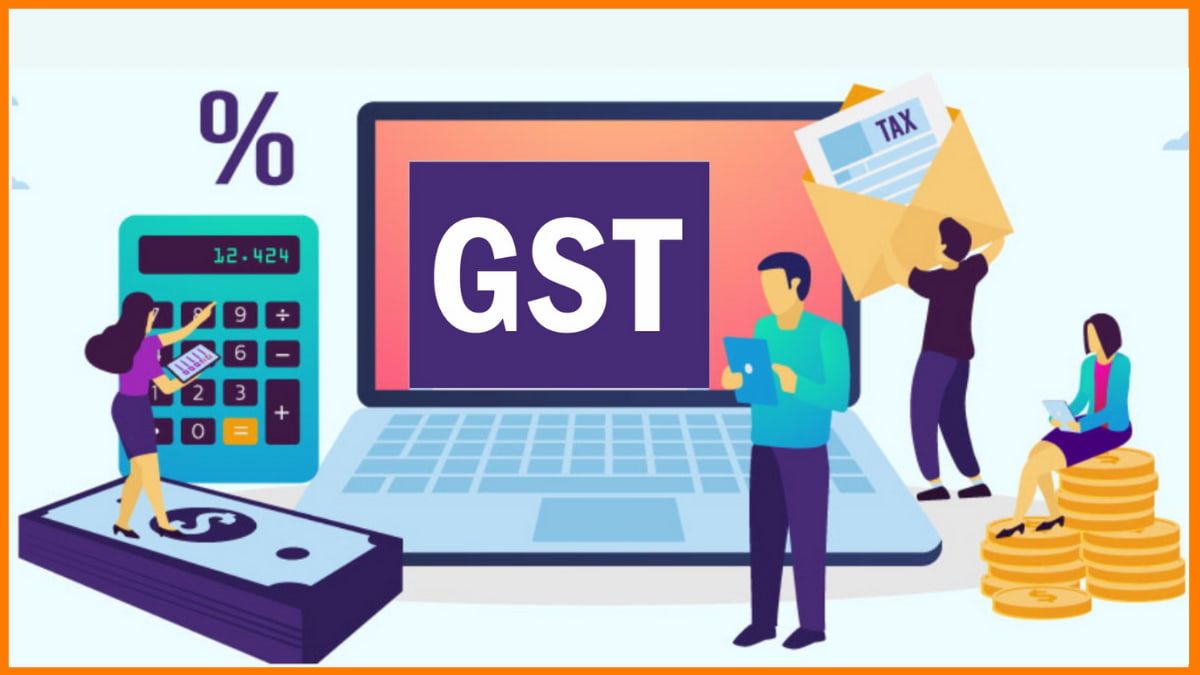Why Singapore GST Registration is Critical for Your Startup
Why Singapore GST Registration is Critical for Your Startup
Blog Article
Browsing the Complexities of GST Registration: Specialist Tips and Ideal Practices for Easier Compliance
From analyzing registration demands to using technical devices for structured procedures, the trip in the direction of smoother GST conformity is complex and nuanced. Stay tuned to uncover important methods and insights that can help businesses guide via the intricacies of GST enrollment with skill and confidence.
Understanding GST Registration Needs

In addition to turn over thresholds, businesses taking part in interstate sales or supplying taxable solutions might also be called for to register for GST, even if their turn over is below the suggested limitation (Singapore GST Registration). Understanding these demands and thresholds is essential to avoid charges and guarantee smooth procedures within the legal structure
Additionally, organizations need to gather and prepare the needed documentation, such as evidence of identification, address, company unification, and checking account information, before launching the GST registration procedure. Failing to supply accurate info or fulfill the registration deadlines can cause penalties or other legal effects. Services need to stay informed regarding the details GST enrollment requirements appropriate to their procedures to keep conformity and stay clear of potential problems.
Organizing Necessary Documentation
Companies beginning on the GST enrollment procedure have to diligently compile and organize the vital paperwork needed for entry. The essential papers commonly needed for GST registration include proof of company registration or address, identification and unification evidence of business proprietors or partners, savings account details, evidence of major workplace, and permission types. Guaranteeing that these files are easily available and arranged can simplify the registration procedure and avoid beings rejected or delays.
To successfully organize important documentation, organizations need to produce a centralized system for storing and classifying the required paperwork (Singapore GST Registration). Making use of electronic storage solutions can aid preserve easy accessibility and make certain that papers are securely saved. Furthermore, establishing a list of all needed files can work as a helpful device to track what has been collected and what is still needed for submission

Leveraging Modern Technology for Effectiveness
Enhancing functional performance through technical assimilation is critical for modern companies browsing the intricacies of GST registration. One of the crucial methods innovation can aid in GST registration is with the use of automated software program solutions.
Additionally, technology can promote seamless interaction with tax authorities. Online websites and communication devices enable services to send papers, resolve inquiries, and get updates in a much more efficient fashion. This not only quickens the registration process yet likewise aids in keeping trusted and clear communication with the relevant authorities.
Moreover, cloud-based storage space remedies provide a protected platform for companies to shop and access their economic information, ensuring compliance with GST record-keeping requirements. By systematizing information storage space and automating processes, services can improve their general effectiveness and precision in GST enrollment procedures.
Proactive Compliance Tracking

To make certain efficient proactive conformity surveillance, companies need to establish robust interior controls, conduct periodic audits, and take advantage of automation devices for real-time monitoring of GST deals. Normal training sessions for workers on GST conformity demands can also assist in producing a culture of compliance within the company. In addition, involving with tax professionals or experts can offer valuable understandings and advice on browsing complex GST regulations.
Engaging With Professional Consultants
Engaging experienced tax consultants can substantially boost a company's understanding and conformity with detailed GST laws. Expert consultants bring a wealth of understanding and experience to the table, helping companies navigate the complexities of GST enrollment easily. By leveraging their experience, business can ensure precise filings, decrease the risk of check my source mistakes, and stay up-to-date with the most recent regulative changes.
When engaging with specialist specialists, it is important to select experts with a solid track record in GST conformity (Singapore GST Registration). Search for experts who have a deep understanding of the pertinent legislations and regulations, along with experience collaborating with organizations in your market. Reliable communication is crucial in this collaboration, so see to it to clearly define your assumptions and establish normal touchpoints to discuss progress and deal with any type of concerns
Additionally, professional consultants can provide beneficial insights and suggestions on maximizing your tax obligation strategy, recognizing prospective cost-saving opportunities, and streamlining your conformity processes. Generally, purchasing specialist consultancy services can go a lengthy method in ensuring smoother GST compliance and staying clear of expensive errors.
Conclusion
Finally, browsing the intricacies of GST registration needs helpful site a complete understanding of the demands, organization of necessary documentation, leveraging technology for efficiency, aggressive compliance surveillance, and interaction with specialist specialists. By adhering to these finest techniques, companies can make sure smoother conformity with GST laws and stay clear of potential fines or fines. It is important to remain notified, proactive, and persistent in handling GST registration to preserve compliance and promote monetary honesty.
To make sure compliance with tax obligation policies, companies should thoroughly comprehend the detailed requirements for GST registration. Item and Services Tax Obligation (GST) is a value-added tax obligation levied on a lot of goods and services in a nation, making it crucial for services to sign up for GST to avoid legal consequences.Furthermore, companies have try this to collect and prepare the necessary paperwork, such as evidence of identification, address, business incorporation, and financial institution account information, prior to initiating the GST registration process. Services need to remain informed about the particular GST enrollment demands relevant to their procedures to maintain compliance and avoid prospective problems.
The crucial records typically needed for GST registration include evidence of service enrollment or address, identity and unification proofs of the company owners or partners, bank account information, evidence of major area of organization, and consent types.
Report this page